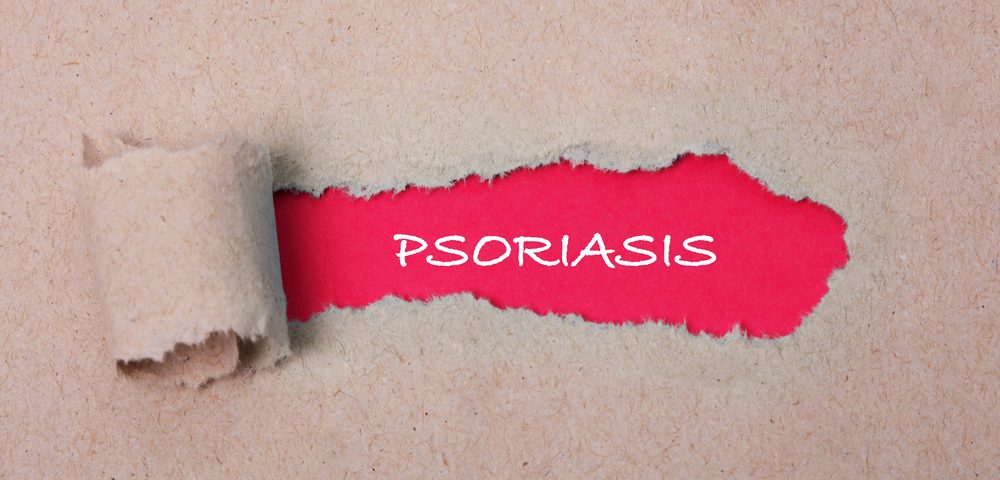Retreatment with Taltz (ixekizumab), after the end of initial treatment led to a relapse, restored response in most psoriasis patients, according to a study.
Another finding was that uninterrupted treatment for 60 weeks was effective.
The researchers, affiliated with Eli Lilly and Company, derived their findings from two multicenter, Phase 3, randomized, double-blind, placebo-controlled trials of Taltz — UNCOVER-1 (NCT01474512) and UNCOVER-2 (NCT01597245).
The research, “Continuous dosing versus interrupted therapy with ixekizumab: an integrated analysis of two phase 3 trials in psoriasis,” was published in the Journal of the European Academy of Dermatology and Venereology.
Infection, pregnancy, therapy-compliance issues, treatment holidays, and loss of insurance coverage are often reasons why psoriasis treatments are interrupted. The breaks usually lead to symptoms returning.
Taltz (ixekizumab) is a monoclonal antibody — a manufactured biological substance that affects only one target in the body. Taltz inhibits a naturally occurring molecule called IL-17A that promotes psoriasis symptoms.
The study covered 1,226 patients in three groups who had responded to Taltz after 12 weeks. One group was kept on the therapy for 48 more weeks. Treatment was withdrawn after 12 weeks for the other two groups. After relapses, treatment was resumed in one of the groups to see whether their psoriasis would respond to retreatment.
The measures of treatment success were low Psoriasis Global Assessment scores — 0.1 — and high Psoriasis Area and Severity Index (PASI) scores — 75. Both scores are used to measure the severity of psoriasis symptoms.
Eighty-one percent of the patients who had 60 weeks of continuous treatment with Taltz achieved an sPGA score of 0.1, and 90% a PASI score of 75.
In one of the groups whose Taltz treatment was interrupted, 24 weeks of retreatment led to between 70% and 82% of the 102 patients achieving an sPGA score of 0.1, and between 87% and 95% a PASI score of 75. The ranges reflected the fact that some patients received a treatment regimen every two weeks and others every four weeks.
Adverse events were comparable in the continuously treated and the retreated groups.
“High levels of response were sustained with continuous ixekizumab treatment through 60 weeks. Most patients who were withdrawn experienced disease relapse and most of those patients recaptured response after 24 weeks of retreatment,” the researchers wrote.
“The findings presented here suggest that, if necessary to interrupt therapy during routine clinical practice, retreatment with ixekizumab is safe and effective in most patients,” they concluded.


